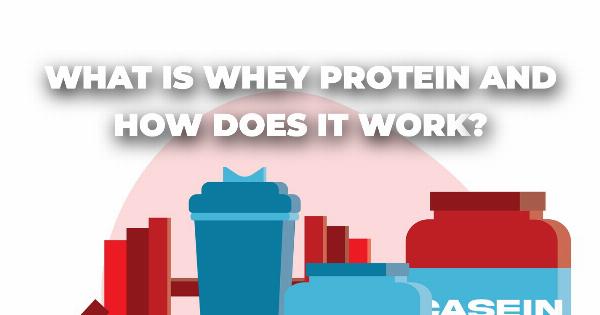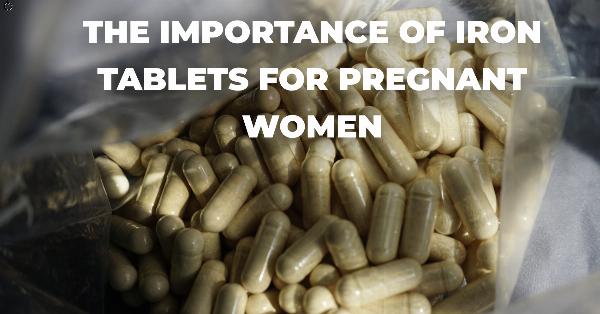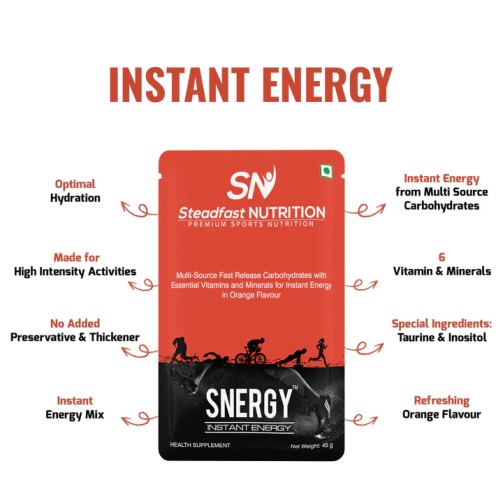 Lifetime Link Placements – No Expiry. 100% Index Guarantee!
Lifetime Link Placements – No Expiry. 100% Index Guarantee!
Everything You Need to Know About Collagen Supplements
Written by Fitness Advisor » Updated on: June 17th, 2025 384 views

Collagen is a word you might have heard thrown around in beauty magazines, wellness blogs, and even at your local health food store. It’s often touted as the magic ingredient for youthful skin, strong nails, and healthy joints. But what exactly is collagen, and do collagen supplements really work? In this comprehensive guide, we’ll delve into everything you need to know about collagen supplement.
What is Collagen?
Collagen is the most abundant protein in the human body, making up about one-third of its protein content. It’s found in your skin, bones, muscles, tendons, and ligaments. Think of collagen as the “glue” that holds your body together. It provides structure and strength to various tissues, ensuring they function properly.
Types of Collagen Supplement
There are at least 16 types of collagen, but the majority of the collagen in your body consists of types I, II, and III:
- Type I:- Found in skin, tendons, vascular ligatures, organs, and bones.
- Type II:- Main component of cartilage.
- Type III:- Found in reticular fibres, such as in the skin and blood vessels.
Why Do We Need Collagen?
As we age, our bodies naturally produce less collagen. This decrease in collagen production starts as early as our mid-20s and accelerates in our 30s and 40s. Reduced collagen levels can lead to:
- Wrinkled and sagging skin
- Brittle nails
- Thinning hair
- Joint pain and stiffness
- Weaker bones
External factors like smoking, excessive sun exposure, and an unhealthy diet can also deplete collagen levels. This is where collagen supplements come into play.
What are Collagen Supplements?
Collagen supplements are products designed to boost your body’s collagen levels. They typically come in two forms:
- Collagen Peptides (or hydrolyzed collagen):- These are collagen molecules that have been broken down into smaller, easily digestible particles.
- Gelatin:- This is cooked collagen, often used in foods like Jell-O.
- Collagen supplements are usually derived from bovine (cow), porcine (pig), marine (fish), or chicken sources. They are available in various forms, including powders, capsules, and liquids.
How Do Collagen Supplements Work?
When you consume collagen supplements, they are broken down into amino acids by your digestive system. These amino acids are then absorbed into the bloodstream and used by your body to produce new collagen and repair damaged tissues.
Benefits of Collagen Supplements
Here’s a closer look at some of the main benefits associated with collagen supplements:
- Improved Skin Health:- Collagen is a major component of your skin, providing it with structure and elasticity. Several studies have shown that collagen supplements can help improve skin hydration, reduce wrinkles, and increase skin elasticity.
- Joint Health and Pain Relief:- Collagen helps maintain the integrity of your cartilage, the rubber-like tissue that protects your joints. Some studies suggest that taking collagen supplements can reduce inflammation and stimulate collagen synthesis in the body, potentially helping to alleviate joint pain and disorders like osteoarthritis.
- Bone Health:- Your bones are made mostly of collagen, which gives them structure and strength. As collagen in your body decreases with age, bone mass does too. Studies have shown that collagen supplements may help inhibit bone breakdown and increase bone mineral density.
- Increased Muscle Mass:- Collagen is a crucial component of muscle tissue. Some studies have found that collagen supplements can help increase muscle mass and strength in people with age-related muscle loss.
- Heart Health:- Collagen provides structure to your arteries, which are the blood vessels that carry blood from your heart to the rest of your body. Without enough collagen, arteries may become weak. Some research suggests that collagen supplements can help reduce artery stiffness and improve heart health.
How to Take Collagen Supplements
Taking collagen supplements is easy, but here are a few tips to maximize their benefits:
- Choose the Right Type:- Depending on your goals, you might prefer one type of collagen over another. For example, type I collagen is great for skin health, while type II is better for joints.
- Check the Source:- Collagen supplements come from various sources. If you have dietary restrictions (e.g., vegetarian, pescatarian), make sure to choose a product that fits your needs.
- Follow the Dosage:- Most studies have used a daily dose of 2.5 to 15 grams of collagen. It’s best to follow the dosage instructions on the product label.
- Combine with Vitamin C:- Vitamin C is crucial for collagen synthesis in the body. Consuming collagen with a source of vitamin C, like orange juice or a vitamin C supplement, can enhance its effectiveness.
Potential Side Effects and Considerations
Collagen supplements are generally considered safe for most people, but there are a few things to keep in mind:
- Allergies:- If you have allergies to the source of the collagen (e.g., fish or eggs), avoid supplements derived from those sources.
- Digestive Issues:- Some people may experience mild digestive issues, such as bloating or stomach discomfort. Starting with a lower dose and gradually increasing it can help mitigate this.
- Quality and Purity:- Not all collagen supplements are created equal. Look for products that are free from additives and preservatives. Third-party testing can also ensure the quality and purity of the product.
Foods That Boost Collagen Production
While supplements can help, you can also boost collagen production through your diet. Here are some collagen-rich and collagen-boosting foods:
- Bone Broth:- Made by simmering animal bones, bone broth is a rich source of collagen.
- Chicken and Fish:- These are great sources of collagen, especially the skin and cartilage.
- Egg Whites:- Egg whites contain high amounts of proline, one of the amino acids necessary for collagen production.
- Citrus Fruits:- Rich in vitamin C, citrus fruits help your body produce more collagen.
- Berries:- Strawberries, blueberries, and raspberries are high in antioxidants, which protect collagen from damage.
- Leafy Greens:- Vegetables like spinach and kale are packed with vitamin C and other antioxidants that support collagen production.
Final Thoughts
Collagen supplements can offer a range of health benefits, from improved skin and joint health to stronger bones and muscles. While more research is needed to understand their effectiveness fully, the current evidence is promising. Whether you choose to take collagen supplements or boost your collagen intake through diet, maintaining healthy collagen levels is a key component of overall health and wellness.
Incorporating collagen into your routine is simple and can have a significant impact on your health. So why not give it a try and see if collagen supplements are right for you?
Remember, it’s always best to consult with a healthcare professional before starting any new supplement regimen, especially if you have underlying health conditions or are taking other medications. Here’s to healthy, glowing skin and strong, flexible joints!
Note: IndiBlogHub features both user-submitted and editorial content. We do not verify third-party contributions. Read our Disclaimer and Privacy Policyfor details.
Copyright © 2019-2025 IndiBlogHub.com. All rights reserved. Hosted on DigitalOcean for fast, reliable performance.
















